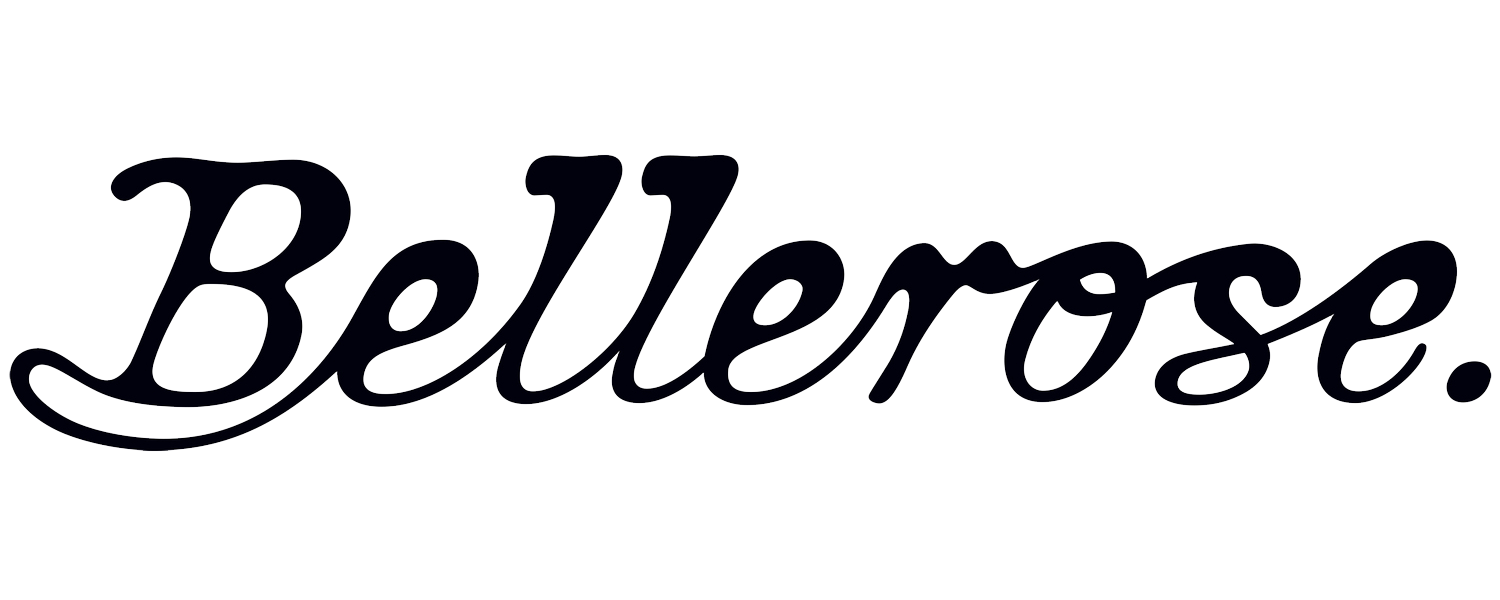Last year, we wanted to turn Black Friday into something more meaningful than just another day of discounts and sales. Blue Friday was born and we donated 20% of that day’s revenue to The Ocean Cleanup. The decision to keep on following that same track was a no-brainer.
With roots that are clearly Belgian, it only made sense for us to look for a partner close to home for this year’s Blue Friday, and that’s how we found Natagora. In a country as densely populated as ours, the protection of open spaces and unspoiled nature is crucial and that’s exactly what Natagora has been focusing on since 2003. Allow us to elaborate.
Natagora’s primary goal is to protect nature in our immediate surroundings, namely the Brussels and Wallonia regions (their Flemish counterpart is called Natuurpunt). They aim to reinstall and restore biodiversity, in balance with human activity and presence, by working on four axes. These axes are protection (managing natural reserves), study (research of those natural reserves and the species that inhabit those), involvement (challenging and engaging with decision makers) and education (educating the different actors). Here’s more on each of those.
Protecting and creating natural reserves.
Developing spaces suitable for the development of wildlife, one of Natagora’s key objectives, means allowing nature to restore itself and sensitizing the owners and users of these spaces. The end goal is to preserve the multitude of plant and animal species that are having difficulties surviving in landscapes that are used for intensive agriculture or severely urbanized spaces.
Studying in order to know what different species need.
Briefly summarized, it’s about knowing more to protect better. Knowing the ratio of wild species in the regions they’re active in, knowing the size of their population and knowing the dangers these species face. This helps them to do whatever is needed to protect them and to favorize biodiversity. All of Natagora’s “militant” actions are based on objective information that was collected in the field.
Getting involved to engage with decision makers.
Naturalists, ornithologists, nature connoisseurs, neophytes, men, women, students, pensioners; the people that are part of Natagora offer their time because of their passion for nature. Each one of them understands the urgency we currently face to protect our environment and biodiversity. That’s why they also reach out to and engage in discussions with local and regional politicians and decision makers.
Educating to coach responsible actors.
More than ever, it’s necessary to break from the old ways and to replace these by new ones that can sustain our future. Changing behaviors is the goal of the educational actions taken by Natagora. A few examples of these actions:
#Reconnect: Bringing naturalists and farmers together.
With this project, Natagora wants to emphasize that farmers are the best allies when it comes to protecting and enhancing biodiversity. Farmers that utilize and multiply agri-ecological measures are supported.
La Laine Fleurie (Flowered Wool in English).
Within the framework of the Interregional DEFI-Wool, Natagora supports the breeding of sheep used in favorable ways for biodiversity. In concrete terms, the valorization of wool from the sheep used to maintain pasture sites of great biological interest. The harvested wool is processed locally by craftsmen and women, to produce beautiful, sustainable products.
Local Natagora groups.
Organized locally, volunteers propose activities in their respective areas: guided nature walks, creating natural gardens, local events, protection and cleaning of sites, conferences, lectures etc.
Belgium – small as it may be – has a surprisingly varied biodiversity with in between 40 000 – 50 000 plant and animal species. This can be explained by its moderate climate, influenced by the sea and its variety per region: a flat and mostly sandy North (with strongly developed agriculture), a wavy central part with mostly Loess soils (with a focus on industrial activity) and a hilly to mountainous south with rocky or weathered soils (with less agriculture and industry and a large portion of the country’s forests).
However, climate change, growing urbanization and both industrial and agricultural activities (among other factors) weigh heavily on Belgium’s biodiversity. Natagora is actively involved in the protection of open spaces and unspoiled nature and the biodiversity therein. So, while looking for a suitable partner for this year’s Blue Friday, we were immediately excited to work with them.
This year, 20% of our revenue (both online and in our stores) made during Blue Friday will be donated to Natagora, helping them to continue doing what they do best.
Moreover, we will be closing our office on Blue Friday and will be going out with Natagora to help clean two natural reserves:
The Prés de Grand Rieu reserve in Hautrage
https://www.natagora.be/reserves/pres-de-grand-rieu
The Terril de Marcasse reserve in Colfontaine
https://www.natagora.be/reserves/marcasse-et-alentours
Our day there will consist of cleaning up both sites as well as learning more about both reserves and what Natagora does and has done to protect these.
Words
Bjorn Dossche
Pictures
Natagora




